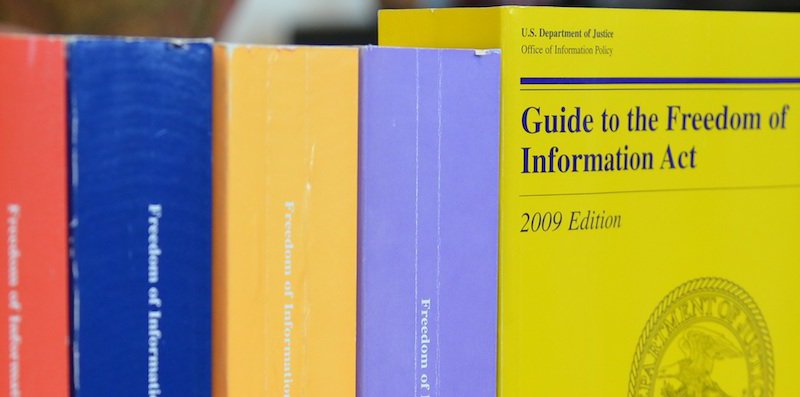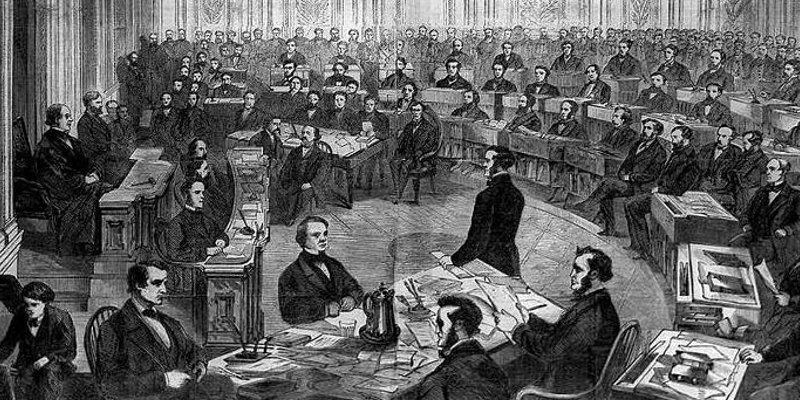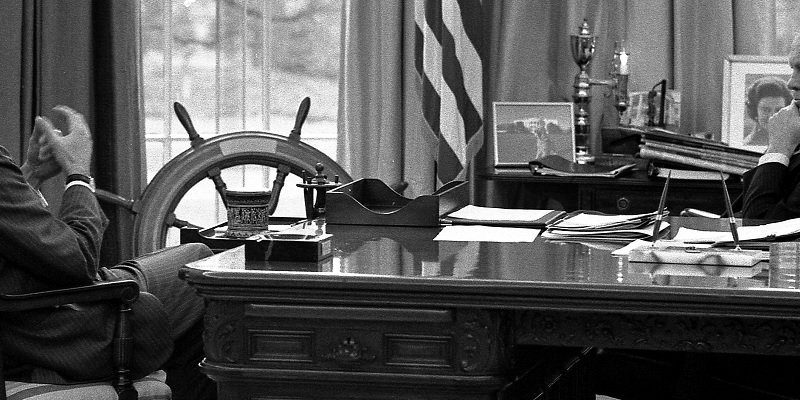-

This week’s FOIA roundup: when transparency matters but might not be top of mind
The weekly roundup of what is or should be public record. Something we missed? Let us know!
-

Which component is processing the most FOIA requests at the Department of Justice?
The DOJ is processing more FOIA requests than ever before, and a handful of high-processing components are bearing the brunt.
-

Read the Department of Justice’s guide to impeachment from the ‘70s
Since before even taking office, President Donald J. Trump has been the center of intense impeachment gossip. Cut through the speculation and read how it works from the source, the Department of Justice itself.
-

The Justice Department refused to prosecute CIA for illegal surveillance
In 1976 and again in 1977, the Justice Department decided not to prosecute anyone for the CIA’s illegal surveillance and mail openings. The report issued in 1977 reveals the Justice Department’s highly flawed reasons, including claims that prosecution would not serve to prevent such questionable or outright illegal surveillance from happening again - ironically setting the stage for modern surveillance programs.
-

FBI never investigated man court found culpable for Martin Luther King Jr. assassination
While some aspects of the investigation into the assassination of Dr. Martin Luther King Jr. remain unknown to the public - such as NSA’s tracking of James Earl Ray - others are unknowable simply because they were never properly investigated. The most egregious example is Loyd Jowers, who in 1993 confessed to participating in an alleged conspiracy to, with the U.S. government and the mafia, kill Dr. King, and was found culpable in court. While the Department of Justice denied the veracity of these claims, the FBI, however, never investigated the matter and have no files on the man.
-

Once, twice, three times an agency: The ATF’s identity crisis
You may have heard that the Bureau of Alcohol, Tobacco, Firearms and Explosives has an identity crisis, at least when it comes to being sued. Federal lawyers claim that the ATF is not, in fact, an “agency”, but rather a “component” of the Department of Justice.